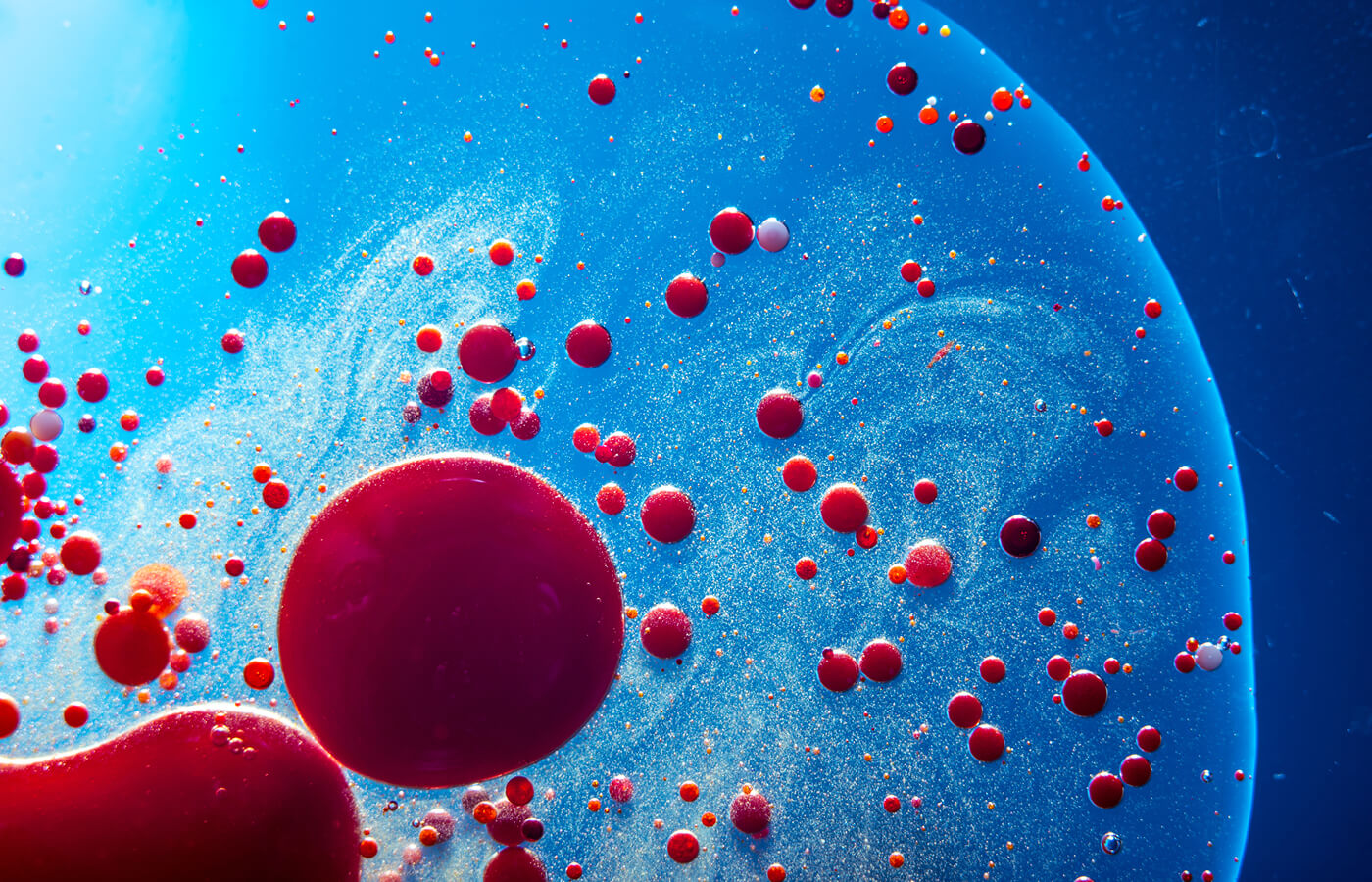blog:
Living with Fabry Disease

As today marks Rare Disease day, we are privileged to work with people that are willing to share the story of their own experiences. Andy, Senior Web Developer at ramarketing, was diagnosed with Fabry disease in August of last year – this is his story…
So what is Fabry disease?
This hereditary neurological condition occurs when the body fails to break down fatty materials into energy-producing components – it is my hope that sharing my story will increase awareness and help others recognize symptoms earlier on so they can receive faster treatment.
How it started for me
A weekend away to the Lake District took a turn for the worse when I started feeling ill and run down. Ibuprofen attended to my temperature and shivers, but it did nothing in shifting this mystery bug. After two weeks of feeling like this, my local GP had me seen quickly as they suspected Meningitis – thankfully that wasn’t so. Blood pressure readings and blood tests were taken along with urinalysis to identify traces of blood and protein. The initial diagnosis was a potential urinary tract infection, but this was not the case either.
A couple of days later, blood test results came back with no serious cause for concern, but they did notice that the creatinine levels in my kidneys were very high; a result of 200 µmol/L which should normally be between 80 – 100. I remember the GP saying that I essentially have the kidneys of an 80-year-old – not the best news to hear when you’re only 34. They soon got in touch with the Renal department at the Freeman Hospital in Newcastle and I had an appointment the same day. The urgency of this was alarming and impressive.
After consulting with a doctor at the hospital, I stopped taking Ibuprofen to help find the underlying cause of my elevated creatinine levels. Fortunately, further tests revealed that after the medication wore off, my creatinine numbers had dropped – though they were still higher than normal at 160 µmol/L. It was also discovered that I had high blood pressure, putting extra strain on an already weakened kidney, which has been measured at around 40% functionality.
The next few weeks were filled with a multitude of tests and doctor appointments, including a sonogram for both kidneys. The results showed no visible issues, leading to a kidney biopsy being arranged. As you can imagine, this was an experience I’d not like to do again anytime soon.
Results time
A couple of weeks felt like a lifetime as I waited to get the results of the kidney biopsy.
Finally, I visited the doctor to receive the news. She called me into her consultation room, sat me and my Mum down and delivered the diagnosis of Fabry Disease; to be completely honest, I had no clue what it was, which makes sense as it’s not very well known.
Fabry disease affects the heart, brain, and kidneys by not being able to break down waste materials produced by these organs – an enzyme deficiency. In my case, the kidneys happened to be the worst affected.
There are numerous symptoms of Fabry but my main ones were numbness, heat intolerance, a lack of sweating during exercising, as well as tingling and burning pain in the hands and feet. Sometimes it felt as though I could feel my fingernails growing – a very strange sensation.
Find out the full list of symptoms here.
How Fabry is passed down
Fabry is a genetic disease that is passed down through the X chromosome. Men are only able to pass it down to female children, whereas women, who rarely show symptoms and are classed as carriers, are able to pass it to both male and female children.
This brought huge concern for our unborn child who was due at the end of October, however, thankfully we had a little boy which meant I wouldn’t have passed the disease onto him.
Treatment
Following the diagnosis, I was referred to a specialist centre in Salford, UK for genetic testing that included an echocardiogram, 24-hour heart monitoring, more blood tests, and a head MRI – the full MOT. This was all to check the extent of the damage Fabry had done to my other organs. This disease which was up until recently completely unknown to me had suddenly taken over my life. Coupled with a newborn baby, you can imagine my life became hectic, to say the least.
Some good news at last
There are many variations of Fabry disease and each has its own course of treatment. The main strain usually causes symptoms to appear from childhood, but there is also late-onset/atypical Fabry disease, which develops around the age of 30.
There are two treatments for the disease – enzyme replacement therapy; a drip every 2 weeks, or Galafold, an oral medication taken every other day available if you still have enzymes left. I am very fortunate that I have late-onset Fabry and my body does still have a couple of the required enzymes, meaning I was able to get the Galafold tablets. Another silver lining in this whole process.
Where I’m at now with treatment
I started the treatment in January with the first batch of Galafold tablets. I did have some side effects from taking the medication; mainly headaches which passed a couple of weeks later. I’m also taking blood pressure medication daily to help the kidneys function. It’s now been 2 months since I started the tablets and I am happy to say that I am finally starting to the see effects of the drug working.
My energy levels and general mood has improved. Having a small child who already keeps me up at night, I do feel better knowing that the disease is getting under control and I can start to get back to my normal life again. My wider family is currently going through genetic testing to see if they also have Fabry disease, and to track its history through my family genetics.
As Fabry is a rare disease, there is a lot of ongoing research and trials being done to learn more about the causes, and eventually, find a cure. Looking on the bright side, I have been able to get treatment relatively quickly thanks to the help of the doctors and staff of the Freeman Hospital and the Genetics Centre, Salford. I’m grateful to have identified this sooner rather than later, so the damage is not as extensive as it could have been.
Find out more about the disease here.
If you think you may have some of the symptoms of Fabry disease, please speak to your doctor and seek medical advice.
Related news, insight and opinion





